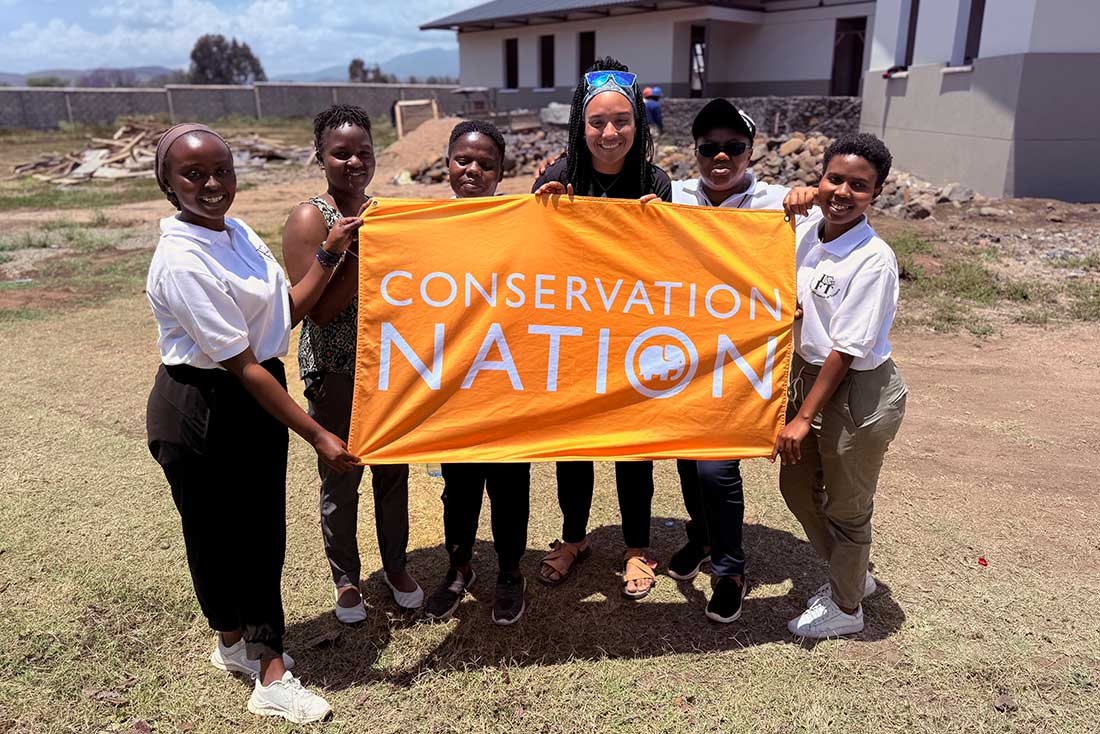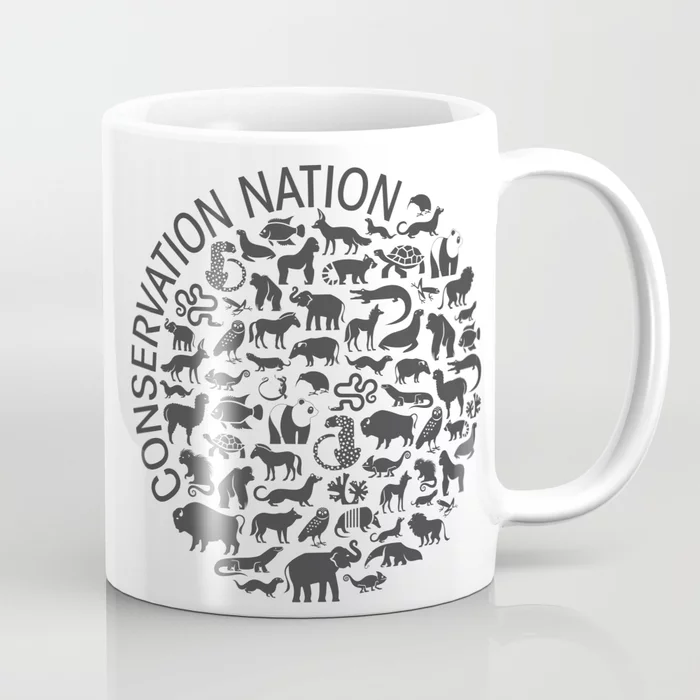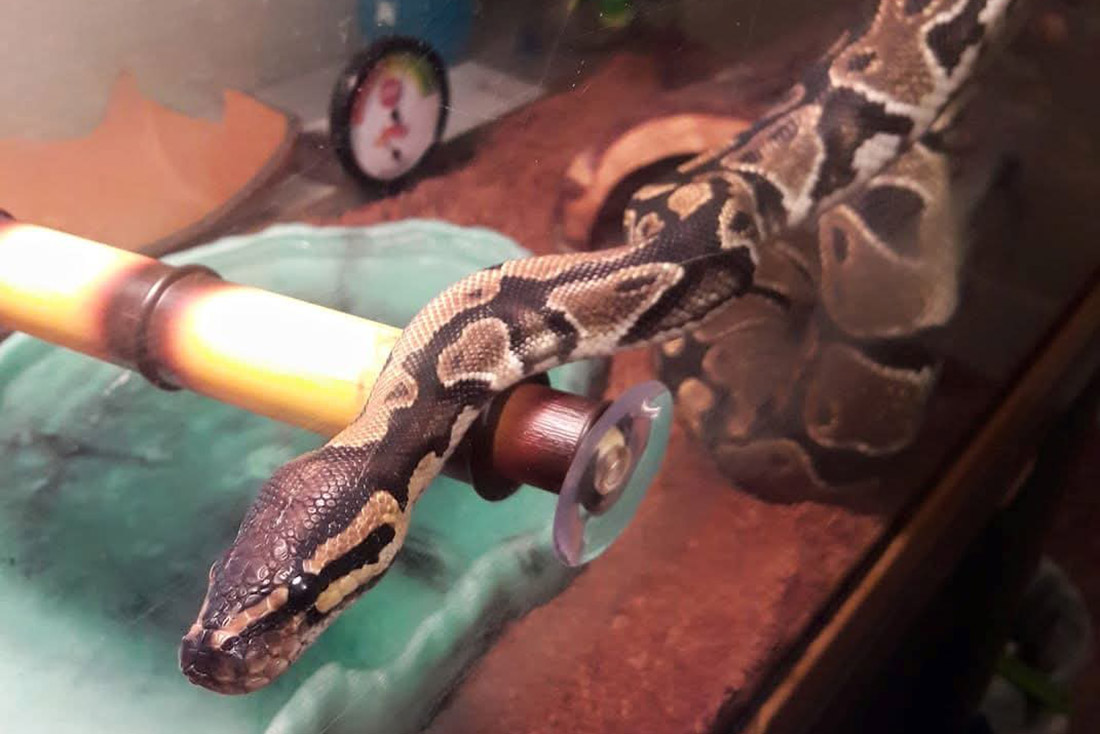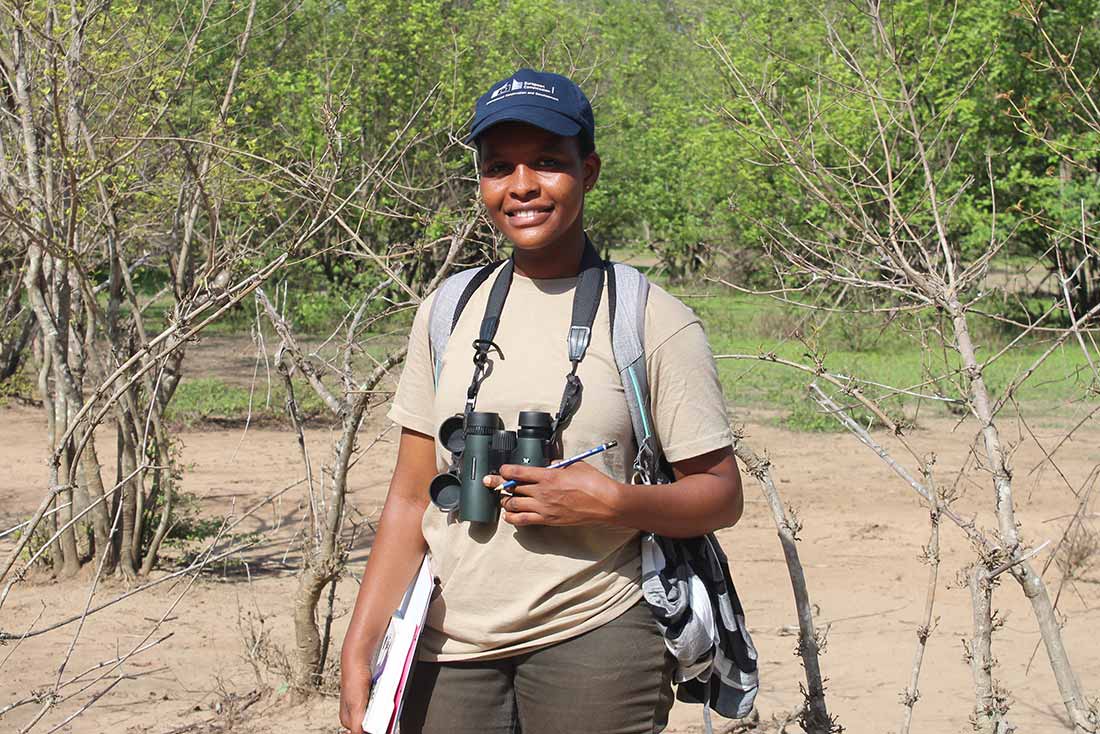In addition to owning the title of fastest land animal in the world, cheetahs are also the most endangered African cat species, with roughly 6,700 left in the wild. Inbreeding and fragmented populations spread throughout Africa have nearly driven this majestic species to extinction.
To strengthen genetic diversity, scientists at the Smithsonian Conservation Biology Institute are collaborating with researchers in Namibia to analyze wild cheetah scat (poop). Using the information from individual cheetah scat samples, scientists can determine the health and stability of the wild cheetah population, which will then help scientists form a conservation plan to ensure the cheetah’s ultimate survival.









